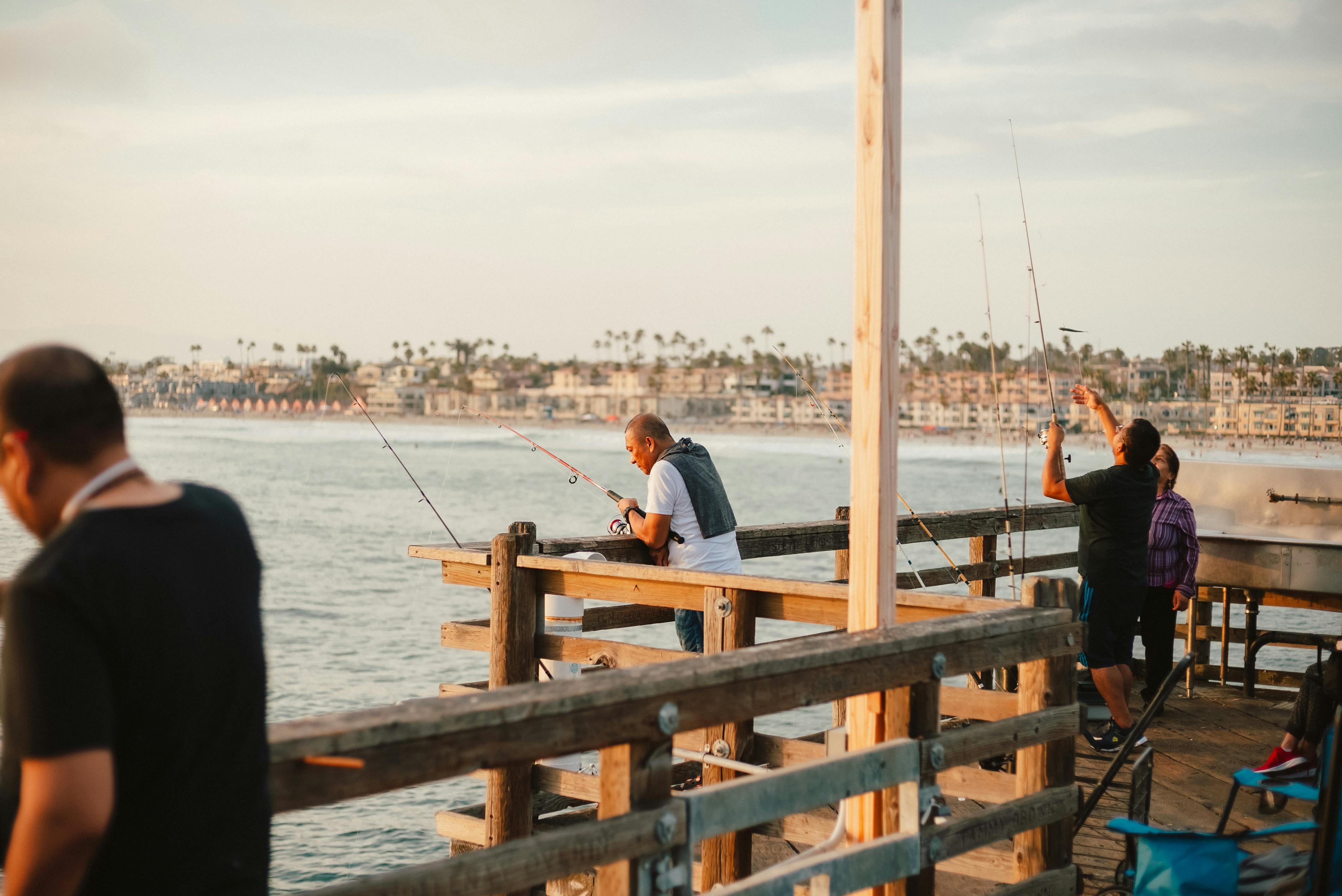Interview with Armin Papperger: Rheinmetall's CEO Talks Defense, Technology, and Growth
Conflict via traditional military means resurges.
Armin Papperger, CEO of Rheinmetall, discusses the company's recent success, plans for growth, and partnerships in the defense industry.
Q: With Rheinmetall's stock reaching a new all-time high and increased revenue, is there still room for growth?
A: Absolutely, we haven't even scratched the surface of our full production capacity yet. We plan to grow our revenue to 20 billion euros by 2027, which is feasible considering our current capabilities. If we manage to achieve this, not only can we double our results, but the multiples would make even more sense.
Q: After being selected to lead the new European main battle tank project, what happened to those plans?
A: We're indeed partnering with KNDS to build the tank. KNDS consists of Nexter, KNDS France, KMW, and Thales. Progress on the Main Ground Combat System has been slow, but we've launched an interim program with our Rheinmetall main battle tank, the Panther, as a national solution. Once the MGCS is ready, hopefully in 2040, Rheinmetall will play an essential role in it.
Q: Is the Panther intended to replace the Leopard?
A: The Italians have chosen the Panther as their next-generation combat vehicle because it offers advanced digitalization compared to the Leopard. We're thrilled to have a significant customer like Italy and a substantial order worth 23 billion euros.
Q: With talks of a European defense fund of 500 billion euros, how will this impact Rheinmetall?
A: This fund would create additional opportunities for Rheinmetall, as it represents additional capital invested in Europe's security. We expect to receive a reasonable share of the capital in the form of contracts.
Q:Can Rheinmetall outcompete General Dynamics in the race to replace the Bradley fighting vehicle?
A: We believe we can, or we wouldn't even bother. We've made significant investments in the US, including the acquisition of US vehicle specialist Loc Performance, which adds 1,000 qualified employees to our team.
Q: Are there plans to enter the US market through further acquisitions?
A: We'll certainly consider acquiring more US companies if they fit our business model and technology portfolio. However, any acquisition decisions will be made judiciously to ensure sustainability.
Q: Could the joint venture with Italian defense conglomerate Leonardo serve as a nucleus for further consolidation in the European defense industry?
A: The joint venture with Leonardo already represents a significant nucleus, particularly in land systems. By producing in Italy, we aim to serve both the Italian market and export markets. The joint venture has the potential to generate up to 50 billion euros in orders over the next decade.
Q: Is there interest in Carlyle's departure from Thyssenkrupp Marine Systems?
A: We'll explore the possibilities, but we haven't made any decisions yet. It would need to align with our business model and technology portfolio to be a good fit.
Q: In terms of synergies, how do Rheinmetall's previous acquisitions such as Expal and Loc Performance compare with Thyssenkrupp Marine Systems?
A: While there are certainly synergies with Thyssenkrupp Marine Systems, they're smaller compared to what we've achieved with Expal and Loc Performance.
Q: When discussing the production of mass-produced tanks versus craftsmanship, how does Rheinmetall intend to adapt? Any lessons from the automotive industry?
A: While there are only a few significant tank models, the difference between mass production and craftsmanship lies in the volume of orders. In the case of larger orders, factories can operate like those in the automotive industry, but latent capacity remains underutilized without major orders.
Q: What expansion plans does Rheinmetall have in artillery?
A: We are expanding our artillery production in Lithuania, Ukraine, Germany, and Romania. We're also doubling our propellant production in Bavaria and increasing artillery production in Spain.
Q: What should the new EU Commission do to improve the efficiency of European armaments?
A: The EU needs to place larger orders to achieve a scaling effect. This requires decision-making power on the budget within the EU. Currently, there's coordinating power but no monetary power, which isn't sufficient.
Q: In order to finance the proposed 500 billion euro defense fund, who will shoulder the cost?
A: That remains uncertain. The probable contributors would need to reshuffle their budgets or take on debt. However, someone must account for that debt.
Q: Is creating jobs a reality for Rheinmetall, unlike many other German industrial enterprises?
A: Yes, we've been creating jobs on a large scale. Last year alone, we hired around 6,000 employees, with approximately two-thirds being in Germany. Demand remains strong for our highly motivated workforce.
Q: Has intelligence from American agencies thwarted a Russian attack on you, and if so, are you concerned for your safety?
A: I feel safe, thanks to the measures taken by the Federal Republic of Germany and the state of NRW. Any threats are part of the job, especially in this industry.
Q: In your opinion, when and how will the war in Ukraine end?
A: It's hard to predict when the war will end, but I believe a peaceful resolution is possible if the involved countries work together. NATO and the US must support Ukraine, while Russia should reconsider its position for the sake of peace.
Q: How will the arrival of President Trump impact the business of Rheinmetall in the US?
A: I think President Trump will encourage more investment in European defense. He's expected to make Europe responsible for its own defense and deploy more pressure on European countries to invest more. This will likely benefit Rheinmetall's business.
Q: If peace comes to Ukraine, will demand for armaments decrease?
A: I don't foresee a decrease in demand, as the military stockpiles need to be replenished after the intense fighting. Moreover, maintaining a reserve of 60 combat days' worth of ammunition is a priority for NATO forces.
References:[1] "Rheinmetall and Lockheed Martin forge ahead on European rocket and missile program." Rheinmetall AG, February 9, 2021. [https://us.rheinmetall.com/en/press/media-center/press-releases-2021/02/rheinmetall-and-lockheed-martin-forge-ahead-on-european-rocket-and-missile-program-6562][2] "European Launch Booster." Lockheed Martin Corporation, n.d. [https://www.lockheedmartin.com/en-us/capabilities/space/launch-systems/european-launch-booster.html][3] "Rheinmetall Konzern meldet drastischen Umsatz-Gewinn-Zuwachs für den ersten Halbjahr 2024." Rheinmetall AG, April 28, 2024. [https://www.rheinmetall.de/de/news/unternehmen/rheinmetall-konzern-meldet-drastischen-umsatz-gewin-zuwachs-fuer-den-ersten-halbjahr-2024.html][4] "Rheinmetall participates in the F-35 supply chain." Rheinmetall AG, January 14, 2021. [https://us.rheinmetall.com/en/press/media-center/press-releases-2021/01/rheinmetall-participates-in-the-f-35-supply-chain-6516][5] "Rheinmetall increases revenue and strengthens financial position." Rheinmetall AG, February 12, 2024. [https://www.rheinmetall.de/de/news/unternehmen/rheinmetall-increases-revenue-and-strengthens-financial-position.html]
- Armin Papperger, CEO of Rheinmetall, hopes that the company's technology advancements will help achieve the goal of growing the company's GDP to 20 billion euros by 2027.
- In partnership with KNDS, Rheinmetall's CEO Armin Papperger discussed the Main Ground Combat System in the European main battle tank project, and the plan is to launch an interim program with Rheinmetall's main battle tank, the Panther.
- Armin Papperger, the CEO of Rheinmetall, stated that Italy has chosen their next-generation combat vehicle, the Panther, over the Leopard due to its advanced digitalization, with an order worth 23 billion euros.




